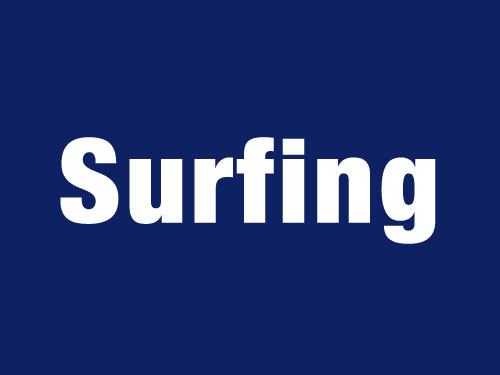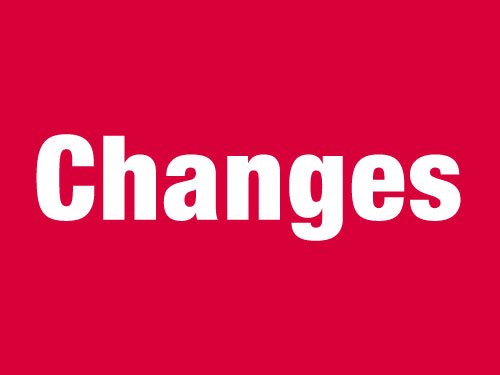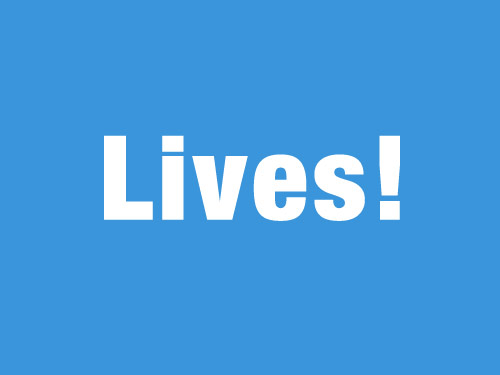


Since being founded in 2009, Surf Action has championed social inclusion and cohesion between the military, veteran and civilian communities. It has sought to help individuals, families and communities by providing educational information as a tool with which to empower them to make positive changes in their lives and communities.
The service users at Surf Action are serving and former serving members of the armed forces and the civilian emergency services and their families who have suffered physical or psychological injuries as a result of their service or who are struggling to re-integrate into the civilian community. Surf Action developed and refined its ‘Joined-Up Recovery’ model in order to best support its service users.
The ‘Joined-Up Recovery’ model is a creative and practical approach that inspires personal empowerment, well-being, and self discovery by involving the service users in surfing and other high intensity water-sports within our magnificent coastal environment. By assisting those in need of improved psychological well being, greater self esteem, greater confidence, greater motivation, greater self belief, self discovery, social development, employment guidance and empowerment, we help them to build stronger connections in their family relationships, peer friendships and to develop a stronger connection to both the military and civilian communities.
Social Inclusion simply means ‘People alongside people’ so all of the projects which Surf Action provide combine to offer diverse and exciting options to help improve community inclusion and cohesion whilst remaining mindful that one size does not fit all.
The ‘Joined-Up Recovery’ Model currently offers:
• Twice-weekly Surf Clinics with a focus on healthy exercise, bonding and team building.
• Coastal and woodland walks and team-building activities that allow buddy support relationships to flourish
• Educational sessions and presentations which allow understanding to develop and which help lessen the fear about some of the symptoms associated with anxiety, depression, stress, PTSD and physiological trauma
• Home Front Family Project and Family Days where close personal relationships can strengthen and where bonding or re-bonding can take place within a family environment.
• Surf Action Residential Weeks spent learning new skills, forming strong peer-support relationships and in personal reflection.
• Empowerment Programme - Surf Action’s bespoke programme commissioned by the DWP and designed to aid currently unemployed ex-military personnel back to work in the civilian community
• Employment Programme – Surf Action with its partners have developed a series of core life employment skills for the betterment of moving people forward through volunteering and part/full time work as a boost to self-esteem, confidence and community inclusion.
• Access to the arts through music tuition, art activities and creative workshops which allow veterans to explore and develop new life skills.
• Access to high intensity water-sports for the relief of PTSD, depression, anxiety and stress.
• Access to self-help and self-assessment tools and strategies, enabling veterans and family members to take informed and effective responsibility for their own psychological well-being.
• Signposting to recommended sources of support.
The joined-up recovery model is a multi-dimensional (holistic) approach to improving mental health which takes into account an individual's needs, environment, social network, relationships, diet, physical wellbeing and so forth. At the centre of this is the provision of a large amount of educational information regarding many things but in particular about good mental health.
PTSD is explained in seminars run by psychologists from PTSD Resolution because PTSD is little understood by most service users - or their families, friends or employers, the people who are often very much affected by the destructive behaviour associated with the condition. The seminars are attended by service users and their families, members of the military and civilian communities (including health professionals and employers). Many people feel a great sense of relief once they understand how and why PTSD and other stress related conditions can come about and that they can be controlled.
With this information and understanding the service user and their family are empowered to start making positive changes in their lives and to actually start taking control of their future rather than being controlled by PTSD or other related conditions. This may be the start of overcoming the social isolation which many PTSD sufferers and their families find themselves experiencing.
By accessing the other services of the Surf Action ‘Joined-Up Recovery’ model both the service user and their family are encouraged to look at the place of a good diet, physical exercise, physical and emotional wellbeing, strong family and social relationships and community involvement in improving their lives.
Once a service user at Surf Action feels in control of their own life they are encouraged to take steps to move forward. Some are still in the recovery stage from their injuries, whether they are physical and/or psychological, and are not ready for full-time work but they may be capable of doing part-time work or volunteering. Similarly some are on specific benefits and limited in the number of hours of part-time work and volunteering which they can do. Whatever their situation Surf Action encourages them to re-engage with society in whatever way they can as this will boost their self-esteem and their physical and emotional wellbeing. By championing the employment of its service users, Surf Action is promoting community involvement and cohesion.
We encourage those who are not ready for part-time work or volunteering to attend some of our vocational and non-vocational life-skills courses provided by Surf Action. This helps build their self esteem, boosts their practical knowledge base, gets them back into a good routine and is good for their psychological wellbeing. This should all help in their recovery and move them on to a position where full or part-time work or volunteering is practicable. This also boosts their integration into the civilian and local communities.
Surf Action and its volunteers go out into both the military and civilian communities and continue to raise awareness of the effects of PTSD and other stress related conditions amongst service users and help to overcome the negative attitudes towards those who suffer from such mental health conditions. They speak at mental health conferences, to community and local government organisations, to health professionals, in schools and to employers. They speak to employers and employer organisations about the benefits of employing our service users and about practicable ‘reasonable adjustment’ for those who may suffer from a mental health condition.
Valuing and respecting the service user is a core principle and central to our way of working at Surf Action. We put the same values into all of our working relationships with our partner organisations and stakeholders in order to best achieve social inclusion and cohesion between the military, veteran and civilian communities.
Surf Acton Presentation:
![]() - Presentation
- Presentation
Support Us
Donate
Fundraise
Volunteer
Provide Employment Opportunities
Sponsors
Supporters
Contact
Education
Education & Empowerment
Events
Copyright © 2024 Surf Action. All Rights Reserved. - Charity No:1140191